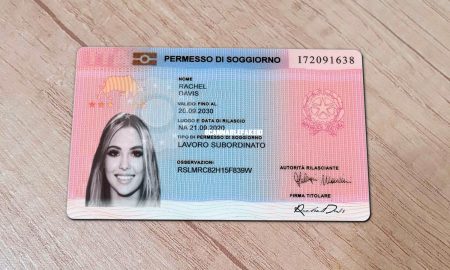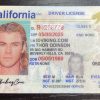Fake Id Police
2024-04-29 2024-04-29 22:15Fake Id Police
Fake Id Police
When it comes to obtaining a fake ID, one of the biggest concerns is getting caught by the police. In recent years, fake ID vendors have become more sophisticated in their methods, making it increasingly difficult for law enforcement to distinguish between real and fake IDs. This has led to a rise in the number of individuals using fake IDs to purchase alcohol, enter bars and clubs, and even travel internationally.
However, just because fake ID vendors have become more advanced does not mean that they are foolproof. There are still ways for the police to identify a fake ID and investigate its origins. In this article, we will explore the measures that law enforcement agencies are taking to combat the use of fake IDs, as well as the potential consequences for those caught with a fake ID.
One of the key strategies that police use to identify fake IDs is through the use of specialized scanning technology. Many modern ID scanners are equipped with advanced features that can detect inconsistencies in the information printed on the ID, such as discrepancies in the font, spacing, or security features. These scanners can also verify the authenticity of the ID by cross-referencing it with national databases and issuing authorities.
In addition to scanning technology, police officers are trained to recognize common signs of a fake ID. These may include uneven edges, fuzzy or pixelated printing, and smudged holograms. Officers may also ask individuals questions about the information on their ID, such as their address or date of birth, to test their knowledge and gauge their reaction.
If a police officer suspects that an ID is fake, they may confiscate the ID and question the individual about its origins. In some cases, the police may also conduct a background check to verify the individual’s identity and determine if they have a history of using fake IDs. If the individual is found to be in possession of a fake ID, they may face criminal charges and potential penalties, such as fines, community service, or even jail time.
The consequences of getting caught with a fake ID can vary depending on the jurisdiction and the circumstances of the case. In some states, possessing a fake ID is considered a misdemeanor offense, while in others it may be classified as a felony. Repeat offenders may also face harsher penalties, including longer prison sentences and higher fines.
In addition to legal consequences, individuals caught with a fake ID may also face social and professional repercussions. Having a criminal record can impact future job opportunities, college admissions, and travel plans. It can also damage one’s reputation within their community and among their peers.
Given the risks involved, it is important for individuals to carefully consider the potential consequences before obtaining or using a fake ID. While it may seem like a convenient way to gain access to restricted venues or purchase alcohol, the short-term benefits are outweighed by the long-term risks. Instead, individuals should focus on finding legal and safe alternatives to meet their needs and desires.
In conclusion, while fake IDs may offer a temporary solution to age restrictions and identity verification, the potential consequences of getting caught by the police far outweigh the benefits. Law enforcement agencies are equipped with the tools and training necessary to detect fake IDs and hold individuals accountable for their actions. By making informed decisions and understanding the risks involved, individuals can avoid the legal, social, and professional repercussions of using a fake ID.









